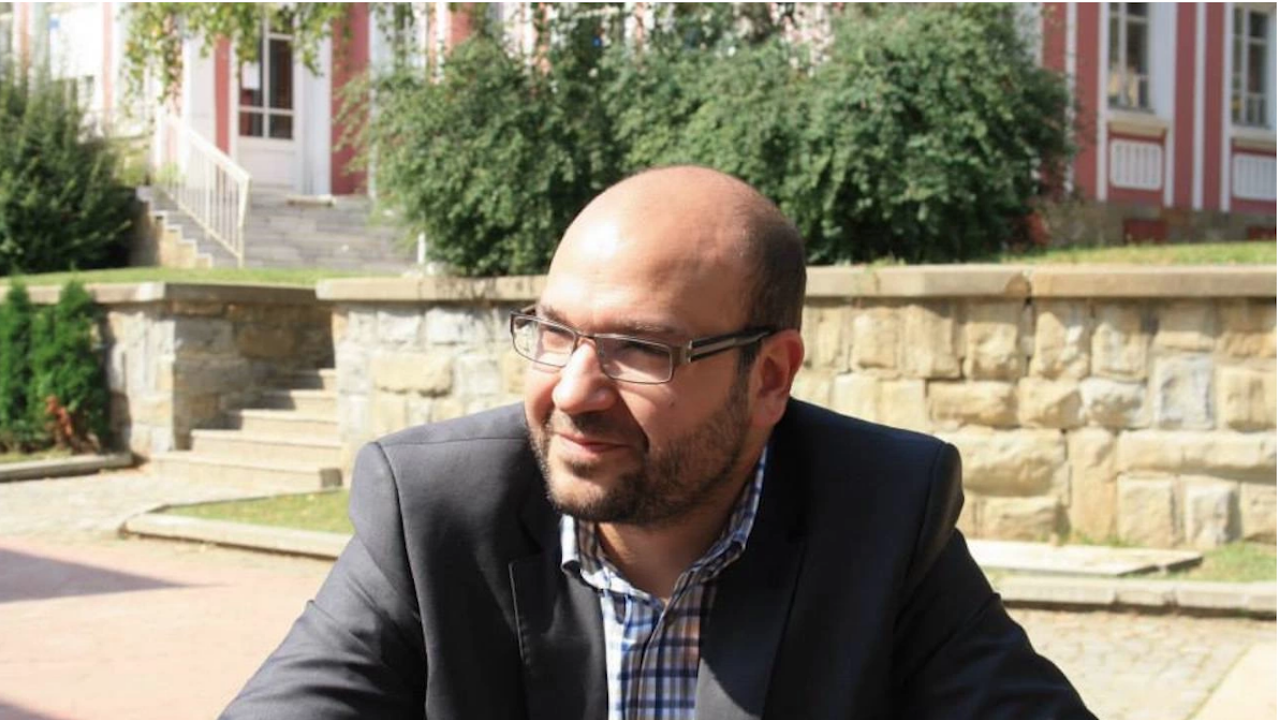Listen to the news
"Early elections were reached because many random people very quickly became part of politics. And in extremely high positions. These are people who did not have to bear political responsibility." Hristo Panchugov, a teacher at the NBU, stated this to the BNR (he was deputy general secretary of the SDS, chairman of the party's youth organization. In 2013, he headed the "Blue Unity" party).
All about the topic:
Tremors in the 675 coalition
"At the time, GERB was like that too. They had every chance to become a healing force for Bulgarian politics, but they chose to become the embodiment of the fusion of the oligarchy with the state model. Boyko Borisov has a strong instinct for how to meet public expectations, about the need for every decision to be supported by people beyond the narrow circle of sympathies. He successfully navigated public expectations in Bulgaria, which, however, were linear at the time, there were not so many dividing lines," the political scientist pointed out.
Petkov: The mafia in our country is about 50 people
According to him, the big problem is in the way one or other politicians are preparing for the positions they will occupy afterwards:
"There are people who were easily misled by the main and most harmful myth of the Bulgarian transition - the inevitable old versus the new. Within the current administration, we saw a combination of two factors - the great enthusiasm for political change, which, however, did not step on political experience and of a reluctance to allow people with political experience into the decision-making process. The circle in which decisions were made in the PP was narrow and confused its dreams with reality. The PP fell into one of the classic syndromes of the Bulgarian political reality - to consider that they are unique and invincible. This party pride leads to mobilization, but also to closure,"
Panchugov
explained .
He predicts a low probability that the ITN will become part of the next parliament because of the party's inconsistency and inability to explain its positions:
"It was not a surprise that ITN left the government. The performance was weak. And it will drive them out of the parliament... This quadruple coalition taught us that, more broadly, without a value base, without unified assessments of the situation around us, without the possibility of defining in a general way to the problem and from there to find a general solution, is an absolute failure," said the political scientist.
In his words, the only narrative with meaning and support would be "uniting, what will the formations produce, who will be the prime minister, who will be the ministers, in the name of what policy and in what terms":
"In three consecutive elections, we saw the exact opposite - they did the same thing, but expected a different result. And the formations left the answer to the question "what are we going to do" for after the elections. It failed with a bang. This narrative obviously leads to nothing. The big question is not whether we will reproduce the same parliament after the next elections, but whether the political formations will convince non-voting citizens to go to the polls... It is not political change that is important, but the survival of political parties. This is part of the problem of coalition politics in Bulgaria. If there is no frank conversation with the Bulgarian citizens from now on, we will enter a series of elections and along the way many politicians who think that their political survival is important will drop out," Hristo Panchugov also said.
He expects strong revanchism within the caretaker government and a series of scandals in the coming months.
The tremors in the coalition
processes in Bulgarian politics
Hristo Panchugov
